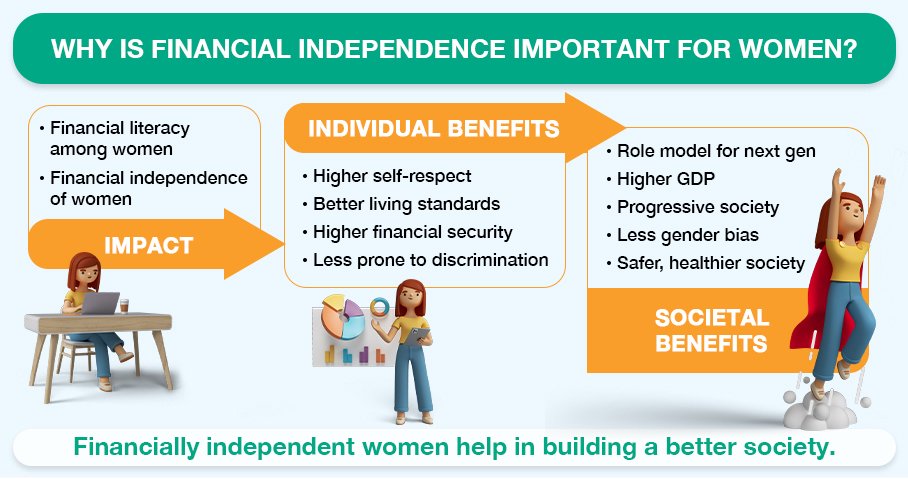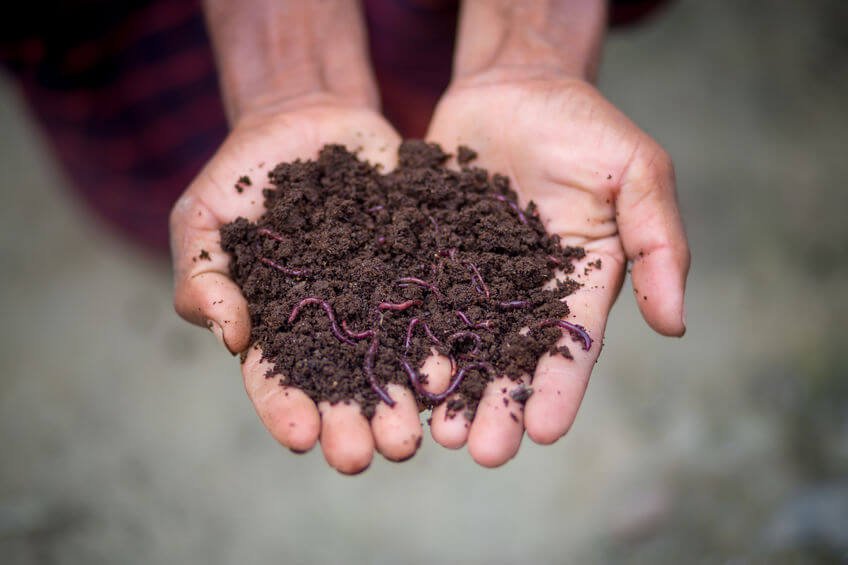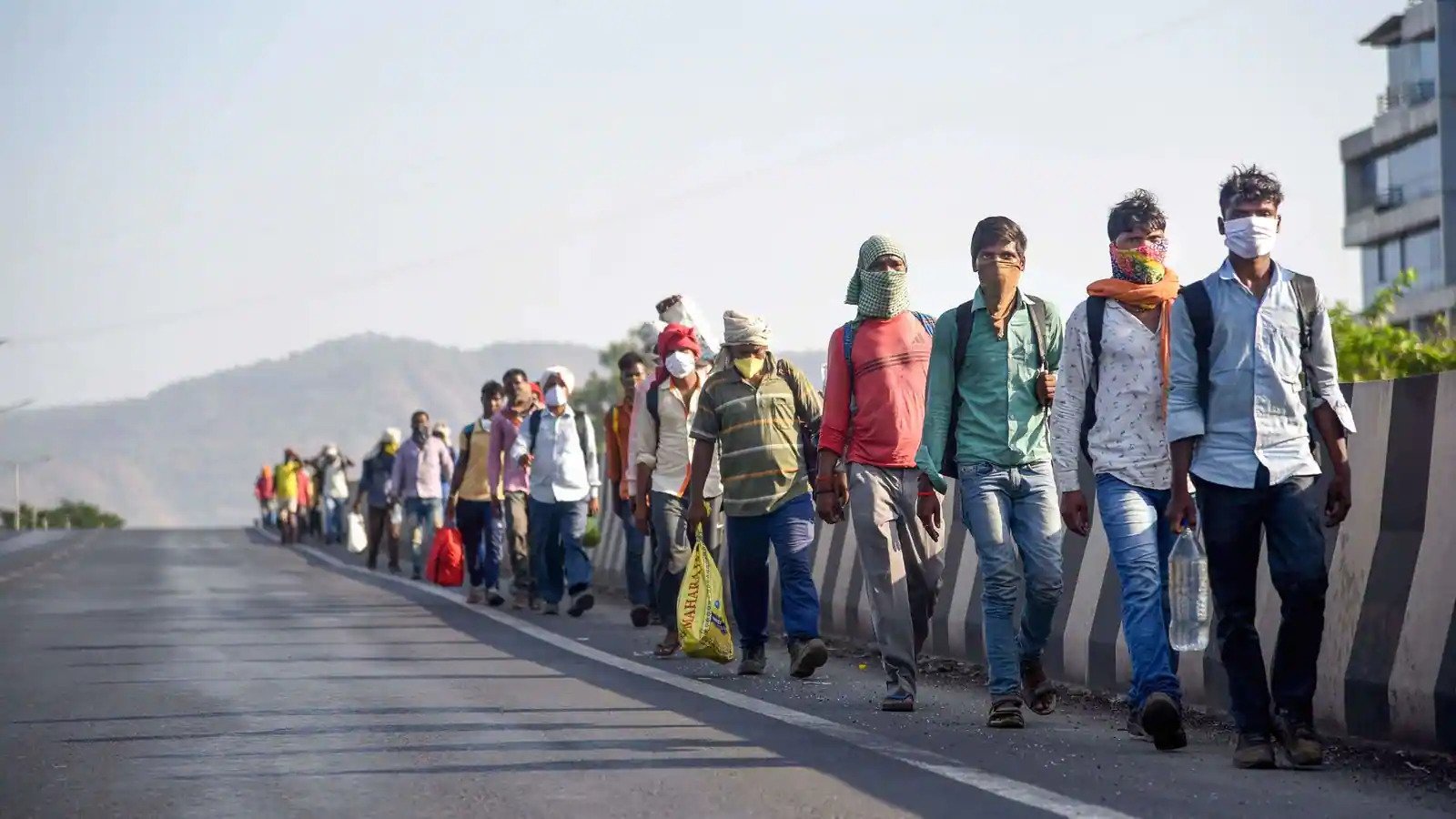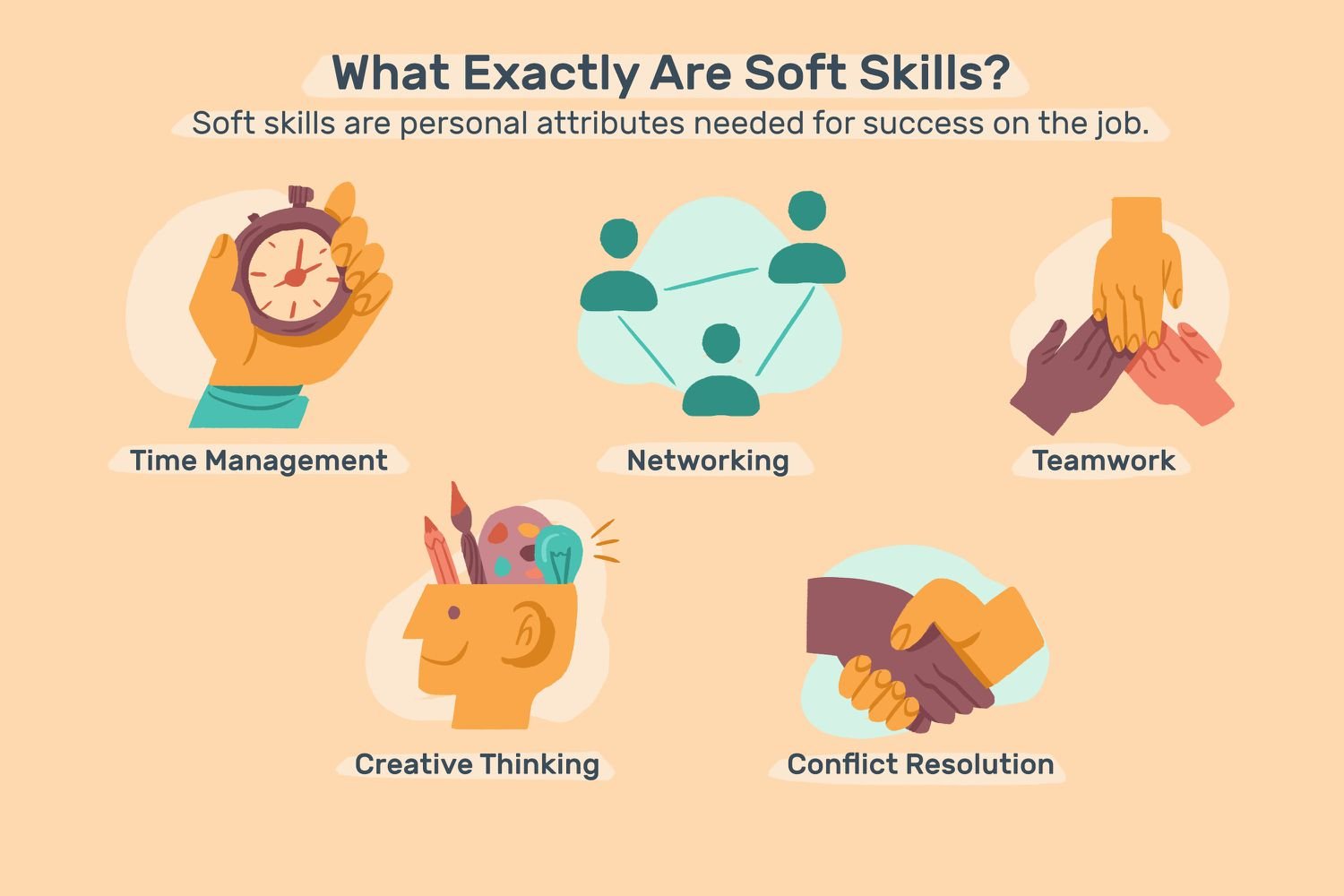SUCCESS STORIES OF CHANGE
DGVS Places Women On The Path To Financial Independence
Empowering women with livelihood skills and opportunities as a step towards creating income security for marginalised households is a core intervention of DGVS’s community development programme.
Recently, DGVS helped a group of women, who are being skilled in tailoring at its Vocational Training Centre, Barabanki,

bag an order for producing 5,000 pieces of cloth bags – providing an impetus to their journey towards self-reliance. The order, as part of their sustainability initiative and meeting the company’s commitment to supporting vulnerable communities worldwide. Although they did not have any experience of fulfilling such a large order, the women took up the challenge with enthusiasm. DGVS procured the raw materials and trained the women in producing bags of a standardised shape and size, which were all delivered in time. The income generated from this activity helped the women make a significant contribution to the financial stability of their families and the experience has boosted their confidence to take up similar work in future too.
DGVS provides vocational skills to women and young girls from marginalized families to enhance their employability and financial independence. Your support will help us sustain our endeavour and ensure a better future to families in need.

Vermi-Composting Boon To Better Yield And Better Income
Sarita determination and curiosity have produced results that have inspired numerous residents of Rath block. Her hard work has made her family self-sufficient in the production of vermi-compost, the manure required in fields as an organic form of fertiliser. As a result of her transformation into a small business owner, she is now selling the extra compost she produces at home to other farmers.
Thirty-nine year old Sarita, a farmer from Hamirpur District’s Rath Block (in UP), lives with her husband, Sarvesh Kumar, and their four children. Sarita completed her high school and has been farming since she was a child with her father. Earlier, she helped her father and, later, her husband with farming tasks such as processing cow and buffalo manure.
DGVS’s Holistic Rural Development Programme team started working in Rath Block in 2020. To promote the use of organic farming methods, we provided support to 60 farmers from 10 villages in three blocks of Hamirpur District in the construction of vermi pits. Earthworms excrete waste known as vermicast; vermicompost is worm manure.
Producer Groups (PG) and Village Development Committees (VDC) were formed to ensure accountability and community ownership. Sarita already very invested in farming became a member of the Village Development Committee (VDC).
In March 2021, Sarita constructed the vermi-compost pit. She had access to plenty of cow dung and earthworms from the village. Sarita, first, started using the vermi-compost in her own field on pulses, paddy, and vegetables. She has since mastered the art of making vermi-compost and is now using it to generate a steady income by selling it to farmers in her village; she has plans to expand her business as well.
Besides compost, she also sells vermi-wash and earthworms to farmers with vermi-compost pits. With this initiative, their own household spending on manure or chemical fertiliser has reduced substantially on the one hand and their income has gone up by at least Rs 2500 to Rs 4000 on the other.
Migrant Labour to Swaraj Swajan
Every year during summer, Sarvesh used to migrate to Lucknow for 6-8 months to work as construction labour. When DGVS started work in Moth in 2016, Sarvesh’s wife, Jagrani decided to join the village’s SHG as a member. As luck would have it, soon, Sarvesh was selected as a Swaraj Swajan. The couple was not aware at the time of how transformational these events will be for their lives.

Before long, they had converted 3 bighas of their 7-bigha land into organic, replacing costly agrochemicals with bio-inputs which they prepared at home. By their own estimate, they were able to save Rs. 5,500/- in one month by switching to bio-inputs. A greater understanding of sustainable agriculture practices provided other benefits as well – Sarvesh and Jagrani took to inter-cropping of pea with maize, their traditional food crop. They even set up a small nutrition garden, taking vegetables such as brinjal, ladyfinger, cauliflower, onion, spinach, fenugreek, tomato and cluster beans.
This not only helped them save upto Rs. 300/- per week that they were spending on buying vegetables from the market, but also provided a surplus which they could sell in the weekly haat bazaar and earn additional income. But what was perhaps most significant was how the nutrition garden helped improve the family’s diet diversity and ensured a supply of vegetables grown without any chemicals, thereby contributing to their health and well-being.
Facilitating Gram Chaupal meetings also helped Sarvesh influence the village panchayat to get a bund constructed on his farmland, as a result of which he is now able to cultivate all of his 7 bighas of land. He has not migrated since 2016 – he does not need to, busy as he is with his job and motivating other youth of the village to stay back and give agriculture, another chance.

Employability and Soft Skill Training
Surjeet of Kanpur district is one of the beneficiaries of this project. He lives in a family of 3 where his father works as a farmer and is the sole bread earner of the family. At that time, DGVS was conducting a three-day program of the Finishing School Initiative of ITI. He found the overall course structure of the program very interesting and thought of participating in it. In addition to learning a completely new skill-set, he wanted to develop his existing skills. Hence, he enrolled in the program with the view
that this training would definitely help him acquire a job easily and secure his future. After getting introduced to this program, he made the decision to improve his skills and learn more about its application in various other areas to gain a productive outcome. From the training, he got well-versed in resume building as well as basic information about various laws, soft skills, life skills, financial literacy, and hands-on work for real-life situations. After finishing the course, he immediately got selected for a job and was able to apply the knowledge he gained earlier and perform to the best of his abilities. As a result, he thanked DGVS for recognizing the problems facing youth and implementing solutions like these so that they could build a well-developed skill-set to gain a job and support their families
Ray Of Light
When everyone else in the class wants to go outside and play, there is one girl, who sits silently in one corner of the room with wide eyes and cropped hair. Her story is one of those soul-stirring ones. Shanti comes from a typical lower middle class family; a small house sheltering four to five people, with little or no sunlight, set among a row of similar houses. Shanti is the youngest of four siblings; two brothers and a sister.

Having lost her mother at a young age, they are deprived of maternal affection. Her father works at the nearby temple as a security guard who is the sole income generator for the family.
Shanti is one of the best students in the academic support centre and ever since she has been consistent with her attendance, attending almost all of our Academic Support sessions. Shanti has been steady with her studies as well. She shows equal attention to all her subjects but it looks like she is more inclined towards Hindi and English. Her tutor has acknowledged the interest of Shanti’s in reading prose and poems and has introduced reading sessions of forty-five minutes each day to improve her reading skill. This freedom, to read what they want to, has given the children and Shanti the motive to discover the pleasure in reading. Ever since, Shanti has shown a remarkable increase in her reading skills. Her numerical skills are also in focus. She is now learning the concept of place value in mathematics, which has already reflected, in her addition and subtraction competencies.
Her teacher calls her The Buddha. “She is the symbol of peace like the Buddha. Always refraining from class fights and heated arguments.” Maybe it is appropriate because that is exactly how Shanti is. However, she has started to express her opinions without fear and is freely mingling with the other childrens of her grade.
Project Bachpani Ki Pathshala has entered Shanti’s life just at the right time. With only 1 year in the school, the project has already had a strong influence on Shanti, turning her persona from an introvert to that of the first bencher. However, it is not a one-way learning. Shanti teaches us that life is probably hard and yet, there is hope that the sun will come out tomorrow bringing down hope, prosperity and courage. Or even better as Benjamin Disraeli puts it, “Life is too short to be little.”
